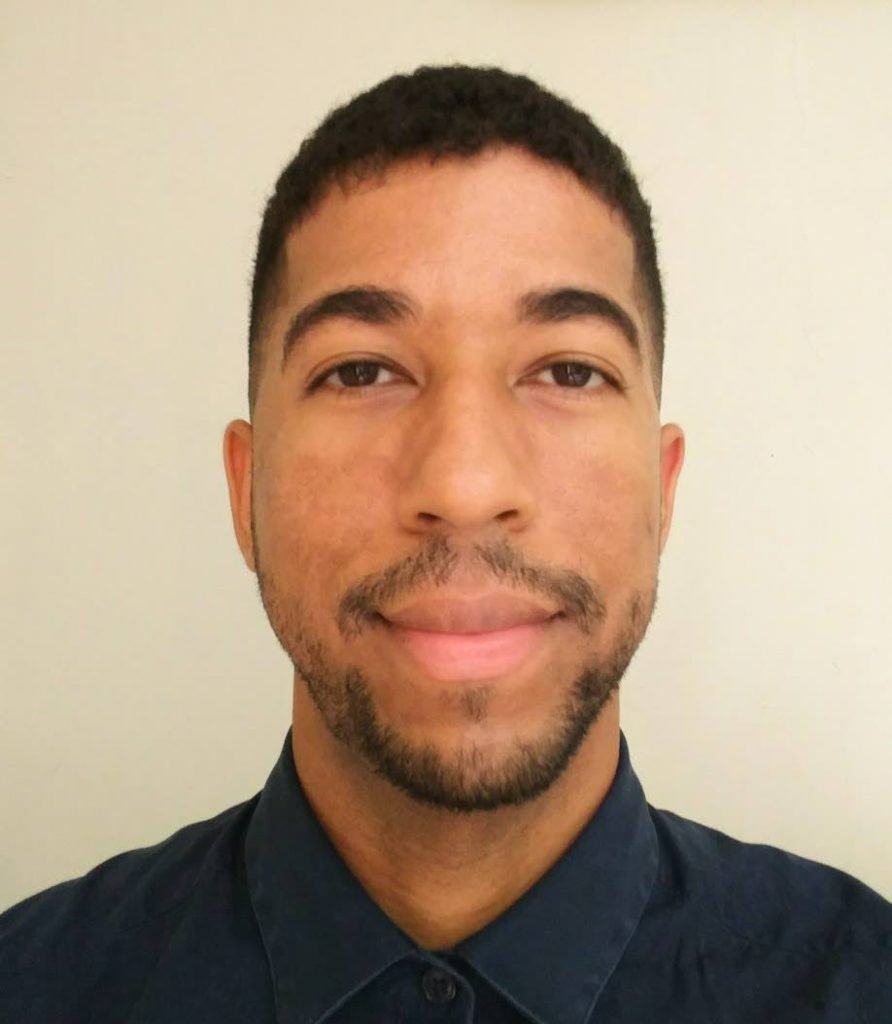Why I continue to write

RYAN DARMANIE
There are two reasons for my two-month writing hiatus. The good news is that I’ve been lucky enough to be working on a project that has been quite intellectually challenging, but also extremely time-consuming.
The bad news is that I had been seriously questioning my desire to continue writing this column.
I continue to be extremely grateful to the staff at the Newsday for giving me a platform to discuss topics that are crucial to understanding our current socio-economic and environmental predicaments.
This column has forced me to develop a deeper understanding of my own profession and the theories and assumptions that go into what I do as an urban planner. Being forced to relate theoretical concepts to everyday situations, in an easily digestible format, is the best way to ensure that you understand the things that you’ve learned. I hope that I’ve been successful in this regard.
On the other hand, writing can be a challenging and exhausting exercise. One is constantly on edge, always mindful of content and tone.
The reality is that we in TT live in an atmosphere of endless pessimism and negatively. And understandably so. It really is a balancing act, figuring out how to talk about real issues without unnecessarily feeding that negativity.
As a young person, the challenges are particularly salient. We live in a society that worships young bodies but disregards young minds. It’s difficult to find a space here where a young person’s opinions are valued, and not automatically branded as arrogant or threatening. Certain demographics are allowed an incredible amount of leeway to speak their minds – others are not.
For any repeat readers, you probably realise that many of my approaches to urban planning are atypical in the local context – though aligned with international trends. Pointing out the underlying problems with routine establishment practices and ideologies, vehemently defended by those who wield more power than you do, can be risky. Especially in a society that respects the status quo and rewards those who toe the line.
I hope these words resonate with any individuals out there, particularly young ones, who are in a similar situation, deciding if to be vocal about issues that you feel passionate about. Is it worth speaking out?
I can’t answer that for you, but I can tell you this. I have decided to continue writing.
If you’re a first-time reader, then this is a good point to jump in, because I want to take you all back to the big question that’s been haunting me over the last eight weeks in particular. Why do I do what I do?
I entered and left planning school thinking to a large extent that my job was to create visions and plans for communities that ensured beautiful and perfectly-ordered environments; to guide a community’s progress towards a planned outcome; and to use rigid methods like statistics to determine the parameters of good planning. Any community that has an adequate (yet arbitrarily determined) ratio of green open spaces to population must be on the right track, right?
The longer I stay in this profession. however, the more I appreciate that there’s so much that we as planners don’t understand and can’t predict. But that’s okay! Humans, after all, are complex beings. That complexity is magnified as a community’s population increases.
However, many an urban observer, in the tradition of Jan Gehl, Jane Jacobs, and William H Whyte. to name a few, has repeatedly noticed general rules and patterns that govern how people all over the world respond to their environments – things that I too have been noticing more frequently in TT and try to highlight. Why? It begins to tell a story about how we can begin to improve our society from a very fundamental level.
So I increasingly see urban planning primarily as a tool for socio-economic re-engineering. as it were. It’s why I started my first column with a quote from Christopher Alexander on the important role that the physical environment plays in determining human behaviour.
The goal is to promote those basic forms of development in the physical environment that have been observed to: increase social interaction and cohesion between diverse groups of people; empower people to work collectively to strengthen the democratic process; and lead to a higher quality of health and life in many regards.
The goal is not to rigidly plan for and attempt to control a community’s evolution, but rather create conditions to encourage high levels of social capital, so that a community can adapt, survive, and thrive in an unpredictable world.
Ryan Darmanie is an urban planning and design consultant with a master’s degree in city and regional planning from Rutgers University, New Jersey, and a keen interest in urban revitalisation. You can connect with him at darmanieplanningdesign.com or e-mail him at ryan@darmanieplanningdesign.com
**Headline**
**Just In**

Comments
"Why I continue to write"